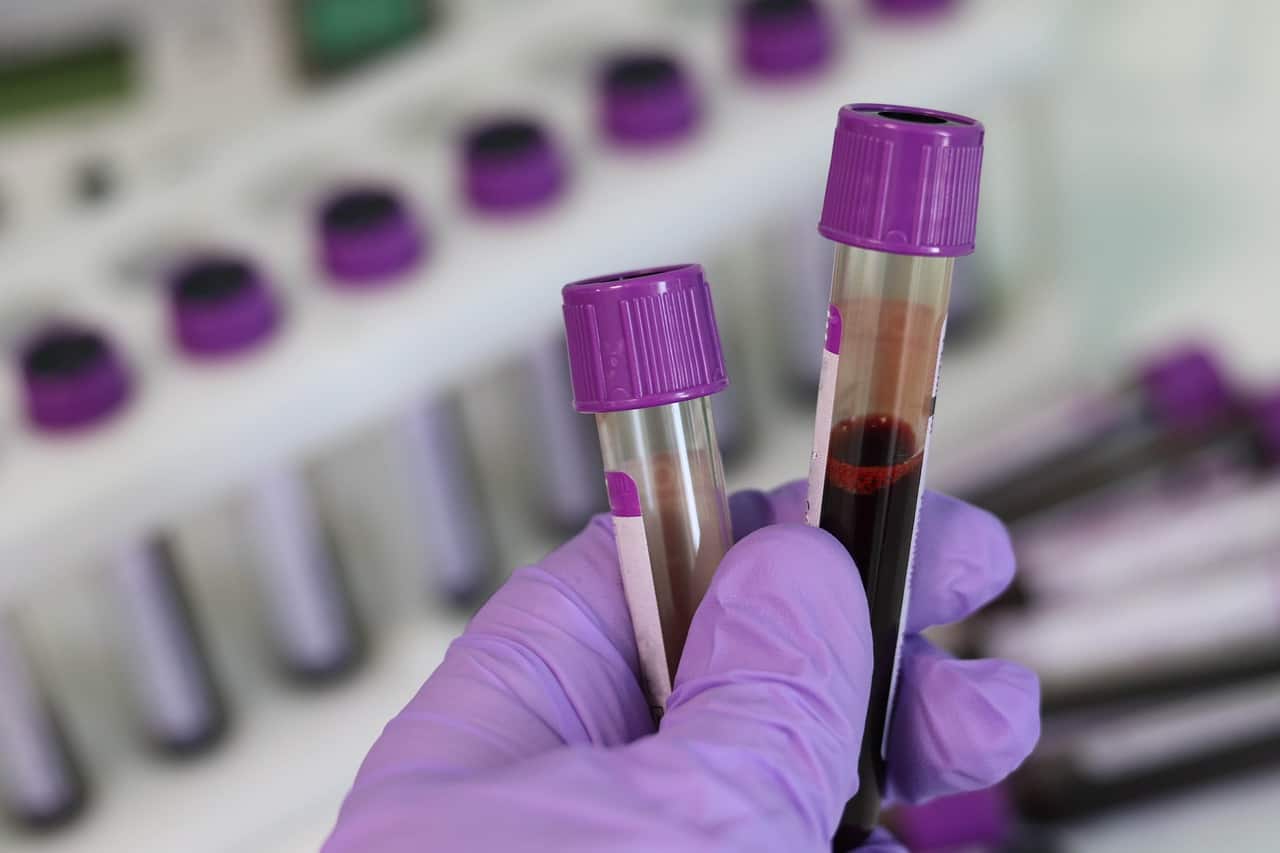In men who have been diagnosed with prostate cancer or who have undergone treatment for the disease, one of the major concerns is the risk of metastasis (spread of the disease) and which treatment, if any, is needed. A team of researchers have announced a new prostate cancer test that improves the ability of clinicians to predict the risk of prostate cancer spread, and it is less expensive and faster than other tests.
About prostate cancer metastasis
Approximately 50 percent of men who are diagnosed with local prostate cancer will eventually develop metastatic cancer. The most common sites of metastasis are the bones and lymph nodes, followed by the liver, lungs, and brain. Rarely, prostate cancer advances to the adrenal glands, eyes, or other organs. Even though the cancer has moved to another area of the body, it is still considered to be prostate cancer.
Metastasized prostate cancer has no cure, but it can be managed. One challenge doctors and patients face is identifying which men with the disease are likely to experience metastasis. Having this insight is critical because it allows physicians and their patients to decide which type of management or treatment they should pursue.
Identifying which prostate cancers will spread
One marker for helping identify which primary prostate tumor will grow or spread is called copy number alterations (CNAs). Deletions or amplifications of sections of CNAs drive metastasis. In a new study appearing in the Journal of Molecular Diagnostics, an investigative team reveals how a novel test called the Next-Generation Copy Number Alteration (NG-CAN) assay can provide a clue whether the disease has progressed.
According to the study’s lead investigator, Harry Ostrer, MD, of the Department of Pathology at Albert Einstein College of Medicine in the Bronx, New York, “We have demonstrated that CNAs can be detected rapidly and accurately” using the NG-CAN test and that the information can help ‘assure aggressive therapy at the time of diagnosis for men with metastasis-prone disease and provide a rationale for active surveillance (and not overtreatment) for men with indolent disease.”
The NG-CAN test is a targeted amplification sequencing method capable of analyzing 902 genomic sites, which is much faster than other available techniques. In addition, another significant benefit of NG-CNA over other current tests (e.g., comparative genomic hybridization [CGH] is cost.
While the process of using NG-CNA can be $20 to $40 per sample, the price tag on whole genome sequencing is nearly $1,000.
Other advantages of NG-CAN over current methods include:
- The results are easier to evaluate than are whole genome sequencing. Samples analyzed using NG-CNA, for example, require less data storage than does whole genome sequencing
- Smaller material samples (as little as 12.5 nanograms) are needed. This means clinicians can use surgical samples, biopsies, and cell lines for evaluation
Dr. Ostrer explained that “we believe the addition of the NG-CNA assay onto a standard cancer gene testing platform will augment personalized medicine by identifying aggressive tumors and genetic mutations that are predictors of response to targeted therapies.”
Read more in our Prostate Cancer Health Center.
References
Castle EP. Prostate cancer metastasis: where does prostate cancer spread? WebMD
Fofanov VY et al. Rapid next generation sequencing method for prediction of prostate cancer risks. Journal of Molecular Diagnostics 2018







